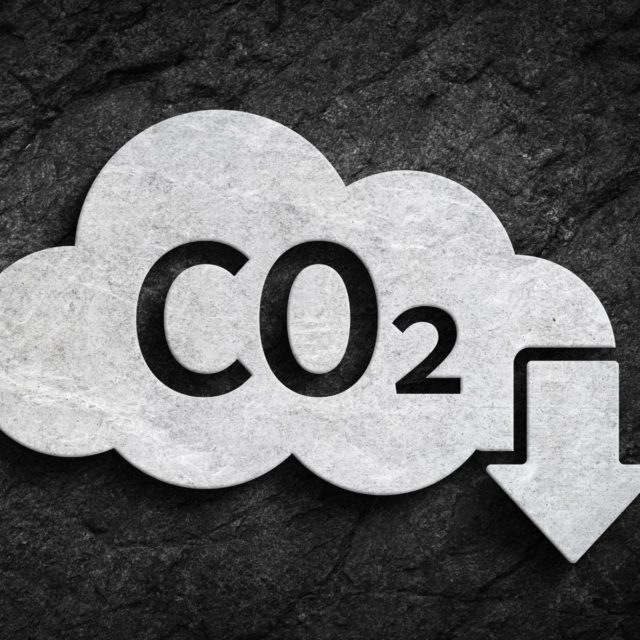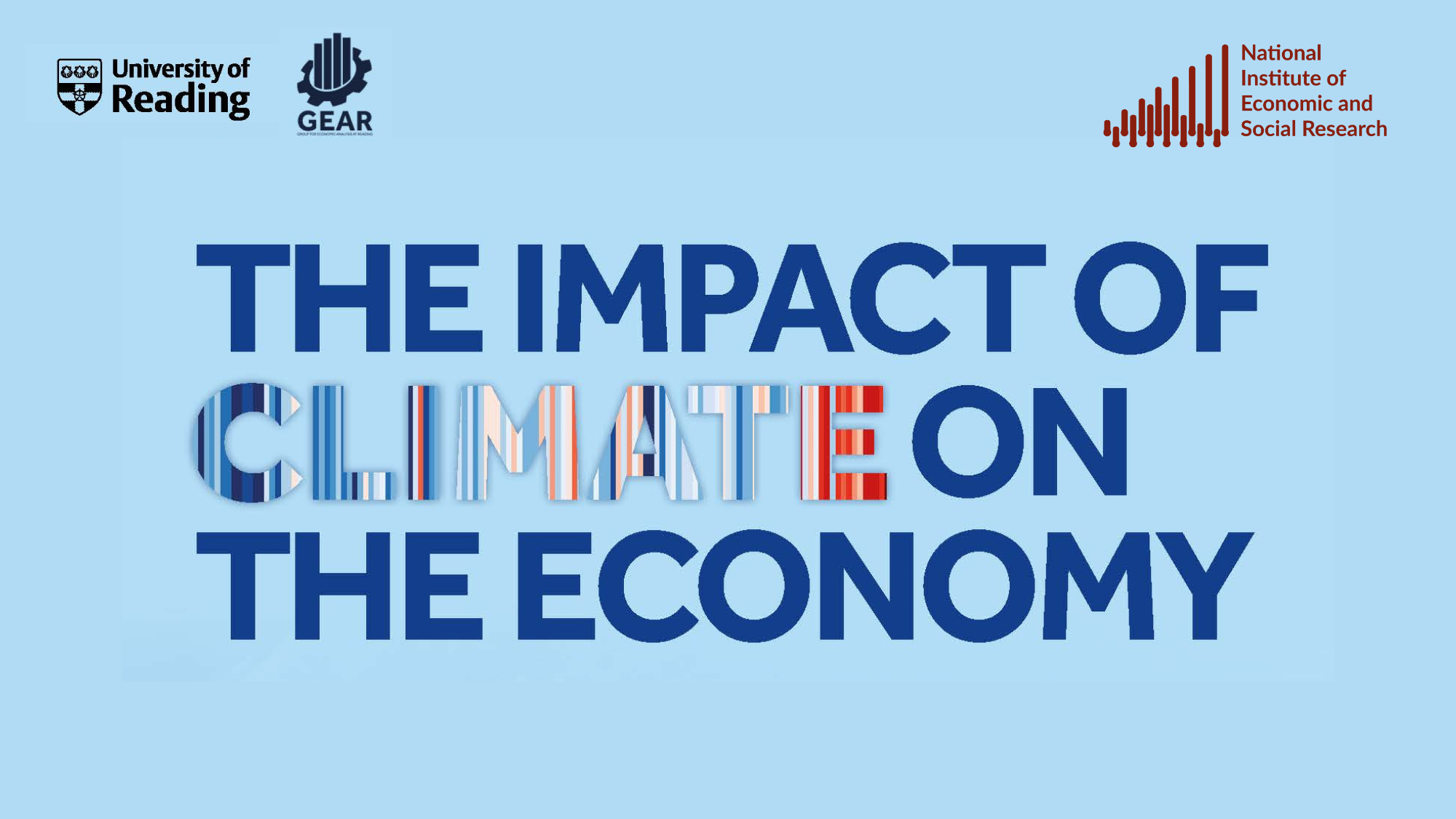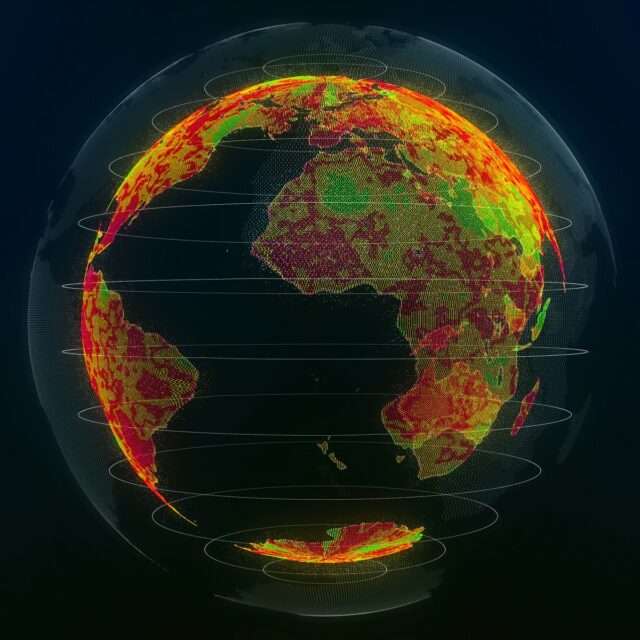- Home
- Publications
- The Changing Role Of Carbon Pricing In The EU
The Changing Role of Carbon Pricing in the EU
Sign in to Access Pub. Date
Pub. Date
 Pub. Type
Pub. Type

Downloads
This content is restricted to corporate members, NiGEM subscribers and NIESR partners.
External Authors

Elkerbout, M
Related Themes
Macro-Economics of Climate ChangeJEL Code
P48, Q54, Q58, L52, F53
Journal
National Institute Economic Review
Publisher
Cambridge University Press
External Resources
Issue
251
Carbon pricing has been the most prominent climate change mitigation policy for the EU since the launch of its emissions trading system (ETS) in 2005. Since then, the context of international climate policy as well as of the socio-political and economical context of decarbonisation has changed considerably. The 2015 Paris Agreement engages virtually every country unlike its predecessor, while non-carbon pricing policies have led to rapid cost reductions in renewables, even if other sectors (particularly in energy-intensive industry) have not seen similar developments. This paper examines how the role of carbon pricing in the EU climate policy mix has evolved from its beginnings as a means to help achieve modest targets under the Kyoto Protocol, to a policy instrument increasingly augmented by a wider policy mix aimed at reaching no net emissions of greenhouse gases by mid-century.
Related Blog Posts

Related Projects
Related News


Carbon tax could temporarily raise inflation and lower GDP in most OECD economies, NIESR study shows
05 Nov 2021
3 min read

Press Release: NIESR’s Findings used as part of Phase II of NGFS Climate Scenarios
07 Jun 2021
2 min read

Press Release: NIESR joins the NGFS modelling consortium to design climate change scenarios
16 Feb 2021
3 min read
Related Publications

Energy and Climate Policy in a DSGE Model of the United Kingdom
08 Mar 2024
Discussion Papers

Adam Smith and the Bankers: Retrospect and Prospect
04 Jan 2024
National Institute Economic Review

On the Promises and Perils of Smithian Growth: From the Pin Factory to AI
04 Jan 2024
National Institute Economic Review

Economic Progress and Adam Smith’s Dilemma
04 Jan 2024
National Institute Economic Review
Related events

Dow Lecture with James Talbot: Climate Change, the Macroeconomy and Monetary Policy

NiGEM Workshop: The Climate Model in NiGEM

NiGEM Workshop: Climate Model in NIGEM

NiGEM Workshop: Short-Term Impact from a Rapid Increase in Carbon Taxes

NiGEM Workshop: The Climate Model in NiGEM

NiGEM Workshop: Climate Model in NIGEM

Multidisciplinary Workshop on The Impact of Climate on the Economy

Understanding the Economic Impacts of Climate Change




